A side event on human rights and Chinese modernization was held by China Society for Human Rights Studies on Wednesday in Geneva with experts from different places in China, including Xinjiang and Xizang regions sharing their stories of the human rights developments.
The progress in employment and human rights in the Xinjiang region is a significant achievement in the practice of Chinese modernization, Remina Xiaokaiti, a scholar from Xinjiang University, told the side event.
For example, the right to work and education of all ethnic groups has been fully guaranteed, Remina said, expounding on unprecedented achievements in the economic and social growth of Xinjiang have led to the enhancement of individuals' livelihoods with the feeling of accomplishment, happiness and security of all ethnic groups.
The implementation of the education beneficiaries project under Chinese modernization has led to the highest levels in history for preschool education, nine-year compulsory education, high school education, higher education, and vocational education in Xinjiang. Furthermore, the quality of labor participation in Xinjiang has been significantly improved, the scholar noted.
While introducing her study on educational institutions throughout Xinjiang region, Remina offered several examples of individuals who are living a better life after getting the vocational education and training through local government’s assistant policies.
The Xinjiang region has made unrelenting efforts to safeguard social equity and to promote the holistic growth of individuals, safeguard the employment rights and interests of all ethnic groups in accordance with laws and the common values of the international community, and endeavored to lift the quality of life for local populations, Remina added.
In response to some Western countries’ allegation of “forced labor,” Remina said that some Western countries have been fabricating and speculating about the existence of "forced labor" in Xinjiang in order to impose sanctions on Chinese enterprises and such unilateral bullying undermines the prosperity and stability of the region.
Aside from sharing China’s human rights developments, experts also noted the contributions China has made to global human rights governance.
Zheng Liang, director of the Institute for Communication and Borderland Governance of Jinan University, said at the side event that the global human rights governance is facing severe challenges and as a major responsible country, China should provide Chinese wisdom and solutions for global human rights governance constructively.
In recent years, China's modernization drive has not only promoted the development of China's human rights protection cause but also made significant contributions to the development of the world's human rights cause in terms of concept promotion and in-depth practice, Zheng noted.
China is a major driver for reform in global human rights governance. While advancing its human rights development, China has permanently attached importance to reforming the global human rights governance system and promoting the development of international human rights governance in a fairer, just, reasonable, and inclusive direction, the expert noted.
Zheng said that in the noble cause of human rights protection, China should continue to contribute its strength, promote the shared prosperity and progress of all brotherly countries worldwide, and build a community of shared future for humanity.








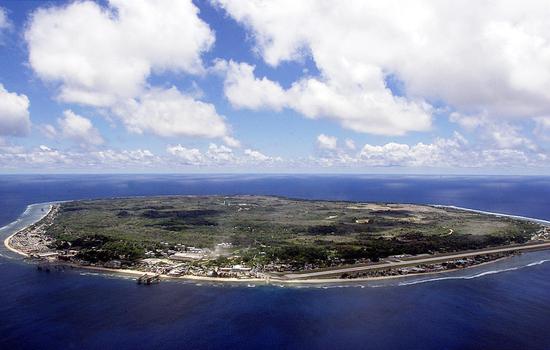


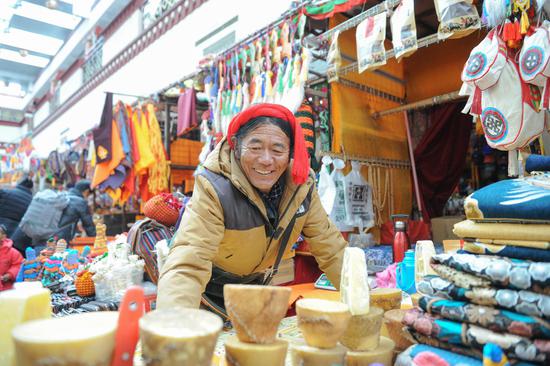





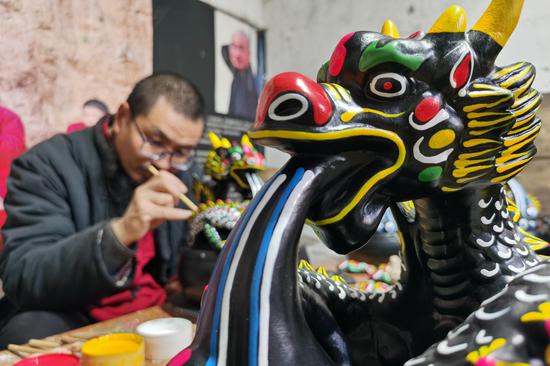
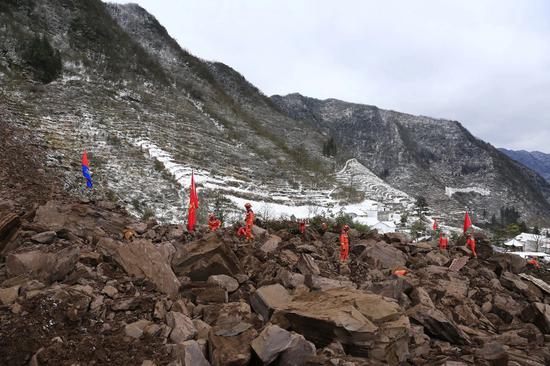


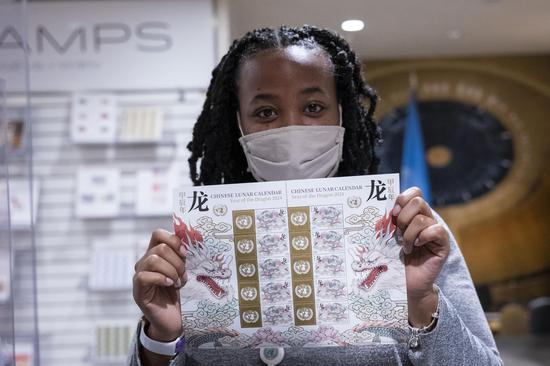













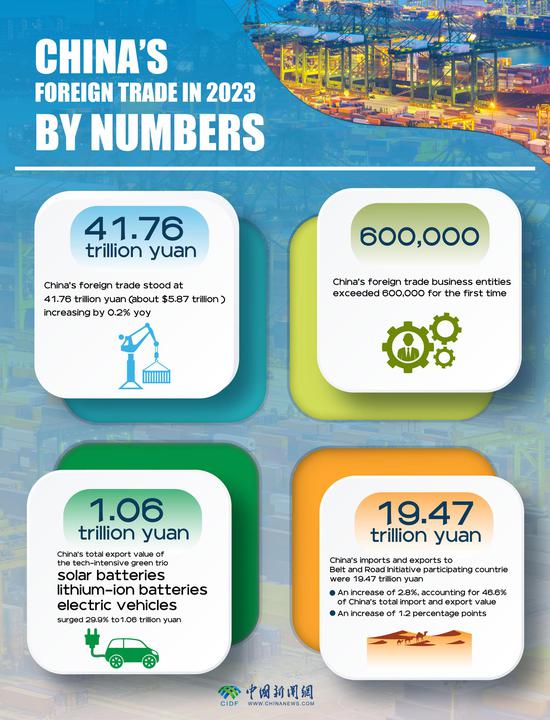














 京公网安备 11010202009201号
京公网安备 11010202009201号